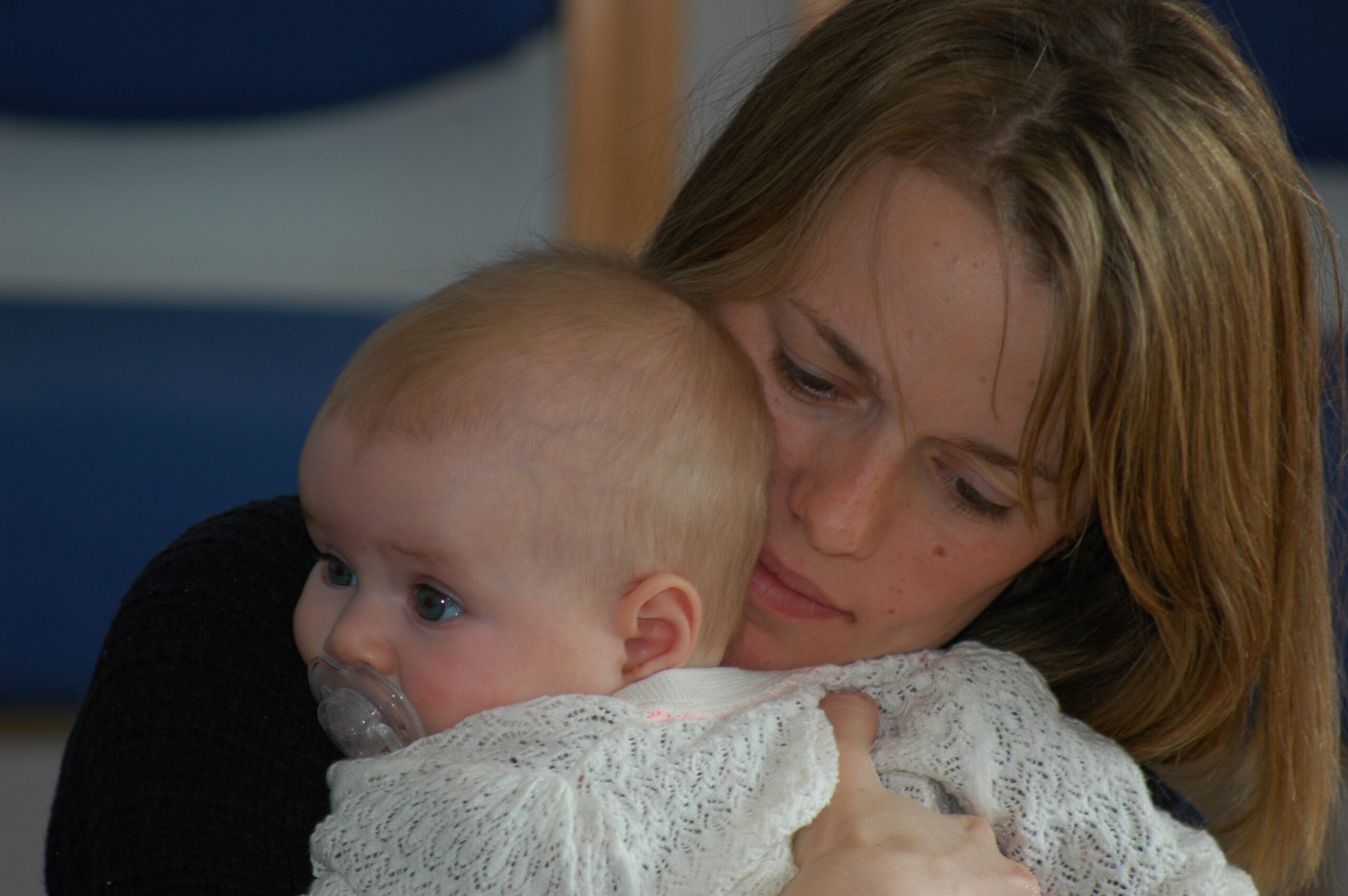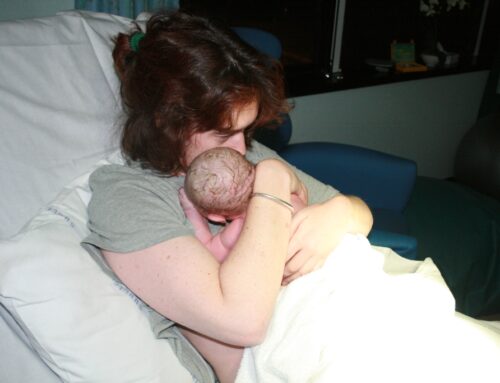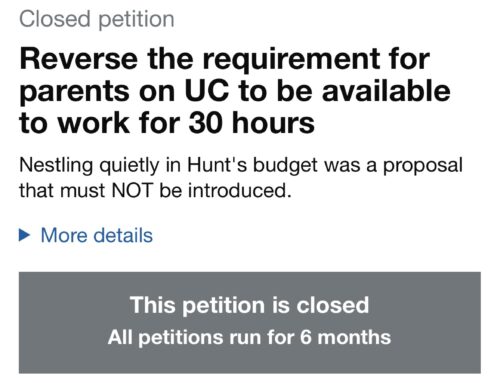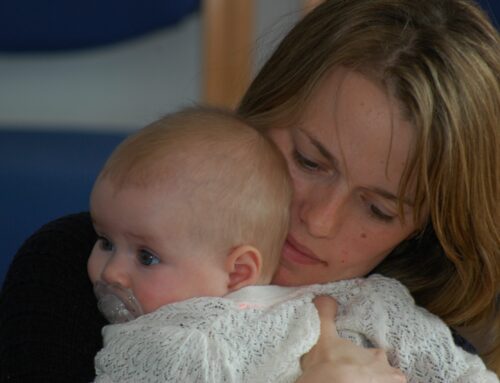Last weekend saw another Emergency Alert test in the UK; a government service that brought a loud beeping noise to all smartphones. I’d been driving up to Blackpool a week or so prior to this, noticing the plentiful signs on the motorway heralding this upcoming day. There were the usual instructions given in the media to those who might have a hidden phone to make sure that it was switched off or on silent at 3.00pm.
All these preparations, plus the alert itself, naturally cost money. Social media was full of comments on how this three year initiative costing £25 million might have been better spent. Others retorted angrily, naming the various extreme weather alerts that have made up the entirety (I believe) of all previous instances of the alerts and emphatically stating that it is money well spent if it means avoiding catastrophic loss of life.
It’s true, in terms of government spending, £25 million is very small fry indeed. It wouldn’t be to Mothers Uncovered, our small charity that supports mothers’ mental health, nor to many other small charities I know. Many of those survive on around £25,000 per year, so that amount would have supported a thousand of those who keep their communities thriving for an entire year.
There were other things that occurred to me, not least the oddity of warning those who might have a hidden phone to ensure the phone was silent, rather than us as a society working harder to make sure those people are safe. The majority of people in abusive relationships are women, and probably a significant number of those are mothers, unable to leave the home because of the difficulty of finding safe accommodation for themselves and their vulnerable children. They are frequently calling out to help them escape this horrific situation.
I also wondered why aren’t we heeding the many groups in society, including mothers, with poor mental health, who continually signal their own emergency alerts saying they need help? The reason I was journeying to Blackpool was because I was attending the Baton Of Hope event, a brilliant initiative that raises awareness of groups involved in suicide prevention. Each day of the tour, people and families affected by suicide travel through the streets of the city passing a baton at each stage. I walked alongside many families, pictures of loved ones emblazoning their T-shirts, some carrying additional photos of them. One woman I noticed was carrying a small pot of ashes. Emotions were high and the sense of solidarity was palpable, but there was justifiable anger too. Why had this happened? Why had society failed their families and friends?
Suicide is the leading cause of death for a significant stratum of society. It is also the case for new mothers, where it remains the biggest direct cause of maternal death in the first year after birth (report MBRRACE-UK 2023), accounting for a staggering 39% of deaths, of which 63% are in women with no prior mental health diagnosis. Bearing in mind the recent NHS 10 Year Plan contained only three references to mothers’ health in all of its 166 pages, it doesn’t seem likely the numbers will be going down any time soon. Inadequate maternal mental healthcare also costs the UK around £8 billion every year, which is so many years of Emergency Alerts it makes our collective heads hurt. Without adequate consideration and investment in the nation’s health and wellbeing, the extreme weather will be the least of our problems.









